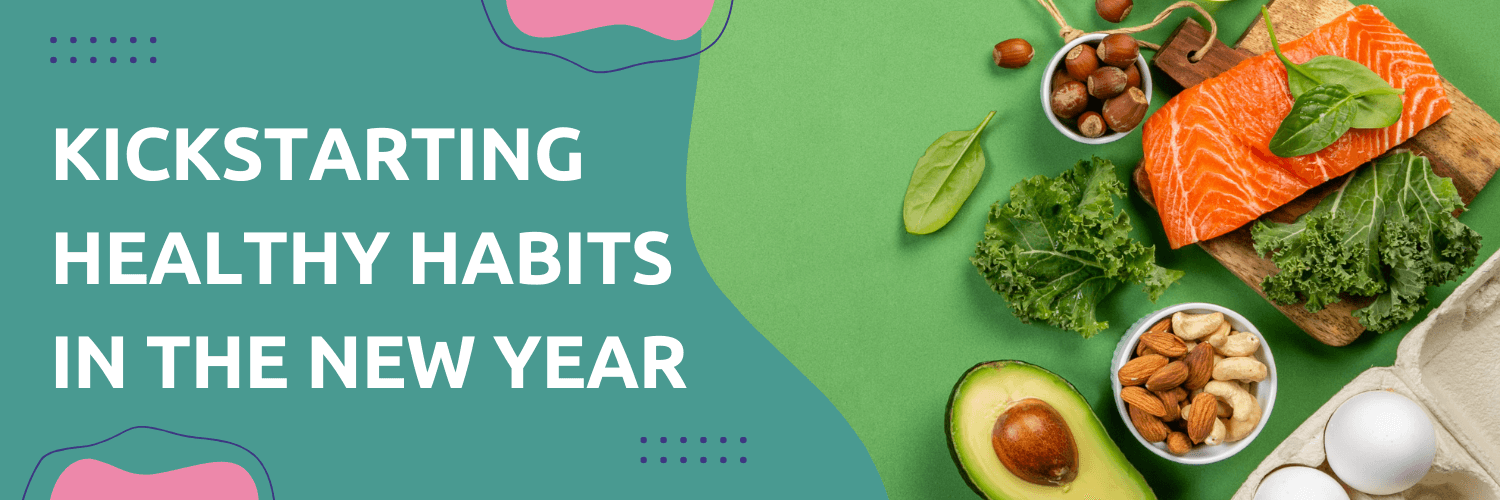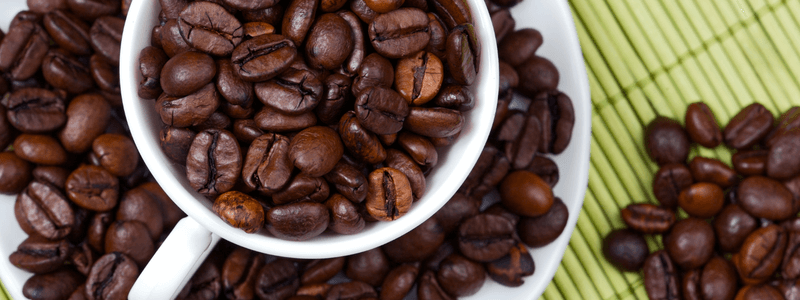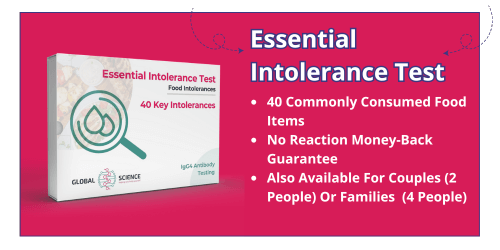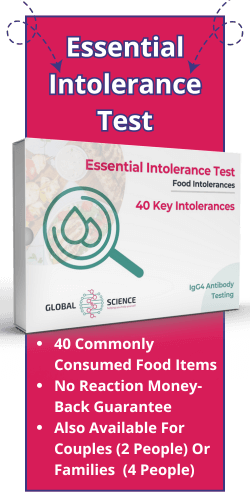Just because it is winter and therefore freezing, it does not mean we can completely forget about our healthy diets and eat what we want. We should all still eat smart and exercise properly. But sometimes, we do not always know what is good for us and what is bad for us all around the year. With a food intolerance test and with advice on healthy eating, TMI Testing has the overall aim of making a happier and healthier you. Check out five of our most delicious veggies which could help to put a spring in your step and help you to become the person you want to be.
1) Don’t go stale with Kale
Yep, sometimes we find ourselves stuck in a rut over Christmas. However, Kale is a leafy green which is only one of the healthiest vegetables, but it is a food which thrives in the colder weather. Why? Because it is a member of the vegetable family which includes cold-tolerant plants like Brussels sprouts, cabbage, and turnips. A food intolerance test will help you learn whether or not you can continue to consume healthy foods which will keep you at optimum health this winter. So, forget about your bloated stomach and get rid of that headache with a food intolerance test today.
2) Carrots
Carrots are a popular root vegetable which can be harvested in the summer months, but they peak around winter. The chilly conditions cause carrots to store sugar and hold water in their cells, meaning they taste extra sweet. Bursting with vitamin A, carrots do not help you to see in the dark but they do benefit your eye health. Vitamin A also benefits the immune system and allows you to grow and develop. Wondering if you may have a food intolerance to carrots? Find out with a food intolerance test from TMI Testing.
3) Parsnips
Always making an appearance at Christmas and throughout the winter months, parsnips are not just tasty but they are also healthy. Bursting with healthy nutrients, parsnips are full of vitamin C and are also a fantastic source of vitamins B and E, as well as potassium. They are also an excellent choice for digestive health.
4) Red Cabbage
A favourite for school dinners, cabbage is another vegetable which is at its best during the cold weather. According to Healthline, one cup of raw, red cabbage contains 85% of the daily recommended intake of vitamin C. Red cabbage is the potential to reduce the risk of heart disease.
5) Parsley
Again, Parsley is another vegetable which is at its peak and can continue to grow through cold weather and even snow! Aside from being exceptionally cold-hardy, Parsley is full of nutrition. It can be added to a wide range of meals to make it more healthy and sometimes even tastier. As it is added to many meals, it is important to make sure you do not have an intolerance to Parsley, as it could be causing symptoms like a bloated stomach. You can do this by ordering a food intolerance test.
Speak to us about a food intolerance test
To order your food intolerance test, please click here. If you have any questions about food intolerances, a bloated stomach or even a headache, then please log on to www.tmitesting.com and speak to our Customer Service advisors via LiveChat.






